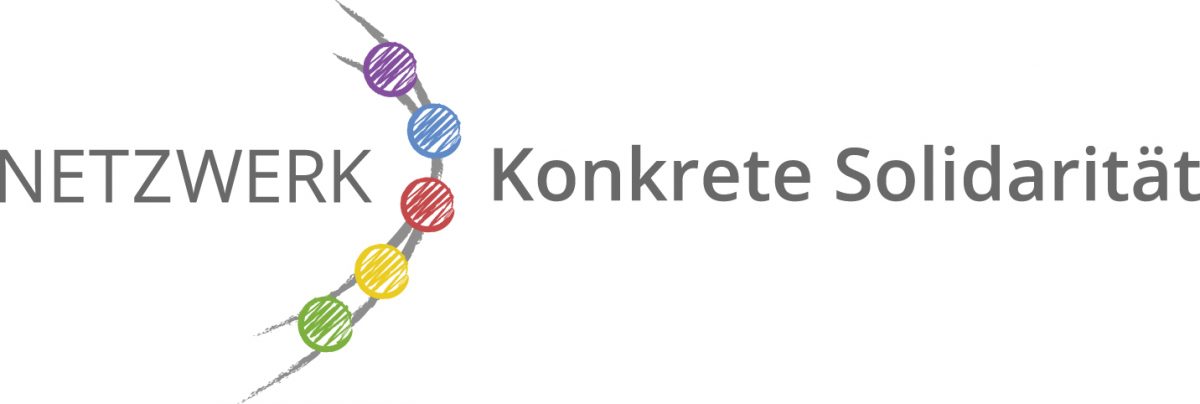The modal verb müssen
The verb „müssen“ is a modal verb indicating that someone has to do something.
ATTENTION! „müssen“ is an irregular Verb:
ich muss, du musst, er/sie/es/man muss, wir müssen, ihr müsst, sie/Sie müssen
Beispiele / Examples:
Ich muss morgen arbeiten. – I have to work tomorrow.
Musst du morgen arbeiten? – Do you have to work tomorrow?
Maria muss auf den nächsten Zug warten. – Maria has to wait for the next train.
Müssen Sie morgen arbeiten? – Do you have to work tomorrow? (formal style)
As you see, the modal verb on POSITION 2 (or POSITION 1 if it’s a question one can answer with JA or NEIN) changes the form, the full verb (in the examples above „arbeiten“) remains in it’s infinitive-form on the last position of the sentence.
NEGATION of müssen:
There are two ways to negate müssen:
1. nicht müssen, example: Du musst nicht kommen. – You don’t have to come.
2. nicht zu brauchen, example: Du brauchst nicht zu kommen. – You don’t have to come.
Two more examples:
Du brauchst das nicht zu machen. – You don’t have to do that.
Du brauchst nicht aufzuräumen. – You don’t have to clear up.


